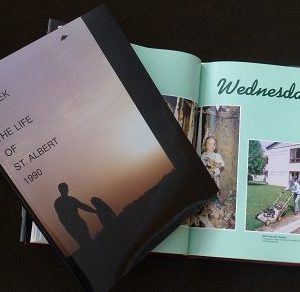Description
pp. 255, “During the period 1896-1906, Budapest, in contrast to its twin capital Vienna, was an optimistic, self-confident, less neurotic, relatively new city, characterized by both virile provinciality and urbane Magyar sensitivity. Lukacs, who has written histories of 20th century Europe and the U.S., here presents a portrait of Budapest’s physical and material conditions, its people and politics, their achievements, troubles, art and culture, both around the year 1900 and later, with the rise of nationalism and of anti-Semitism. Budapest’s class-conscious society had a tremendous respect for intellectual achievement and an impressive outpouring of talent, but because the Hungarian language is little known beyond its borders, few of its major literary figures achieved prominence elsewhere. Still, an astonishing number of Budapestians have become famous abroad, especially in America, among them Bela Bartok, George Lukacs and Arthur Koestler. This is a reliable account of a beautiful city at the zenith of its prosperity, with a brief final chapter describing the subsequent 80 years” paperback edition






